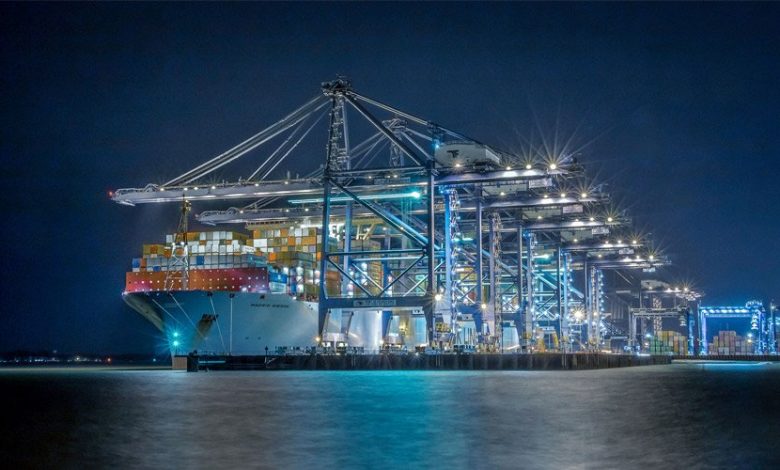
Today’s container ships are powered by large, complex engines, which pose a strategic challenge for the shipping industry as it strives to become more sustainable in recent years. The industry strives to optimize engine parts – for example, fuel consumption is to be reduced by reducing weight. Additive manufacturing could start right here. According to a press release from the Technical University of Denmark (DTU), as part of a collaborative project between DTU and MAN Energy Solutions, a researcher investigated whether a 3D-printed fuel injector would be advantageous.
The injector is an essential part of the engine: it is used to inject the fuel into the engine. The fuel is then mixed with air to ensure good combustion. Since the nozzle is manufactured using conventional manufacturing methods, it also has a significant impact on fuel consumption and therefore engine durability. But what if the nozzles for the container ships were made using 3D printing? We already know about the advantages of additive manufacturing and the possibilities that the technology offers in terms of design. So why not make a more optimized shape of the nozzle?

Engine durability is essential for the marine industry (Image credit: DTU)
Thomas Dahmen is a postdoc in the Department of Mechanical Engineering at the DTU. He carried out this research in cooperation with MAN Energy Solutions, a German group that produces diesel engines for the shipping industry, among others. Peter Hagen, the group’s mechanical engineer, explained: “At MAN Energy Solutions we have known for a long time that 3D printed metal can offer us certain possibilities to design important parts of our marine engines, which was previously not possible. A collaboration with the DTU to explore this potential was therefore an obvious choice.”
The design of the injector makes the difference
The researcher worked on a QFD (Quality Function Deployment) matrix adapted for additive manufacturing. This is an analysis technique that allows evaluating the potential added value of 3D printing as a whole. He used the matrix for the injector and created a kit that describes how 3D-printed nozzles can be designed.

The MAN Energy Solutions Group manufactures gas turbines (Image: Christoph Ruckstuhl / NZZ)
And it turns out that it is actually the design of the part that enables the added value in the use of additive manufacturing. By bending the nozzle, Thomas realized that the fuel could flow better, allowing for better combustion. He also explains that the new design would reduce the engine’s NOx (nitrogen oxides) emissions – but further tests are needed to prove this. Incidentally, the part was tested on one of the engines from MAN Energy Solutions in Copenhagen and the first results were convincing.
The young researcher was not only interested in the design of the nozzle, but also studied the different 3D printing processes to see which would be best suited for his modification. He compared laser melting with binder jetting. His conclusion: “This part of the analysis showed that binder jetting is best suited for the complex flow-related properties of the nozzles, partly because special high-temperature materials are used that could not be used with other manufacturing processes.” determines more 3D printed fuel injectors made using binder jetting. More information can be found here.
What potential do you still see for additive manufacturing in the shipping sector? Tell us what you think and contact us. Would you like a summary of the most important news in 3D printing and additive manufacturing directly and conveniently in your mailbox? Sign up for our weekly newsletter now and follow us on Facebook and Twitter to stay up to date! You can also find us on XING and LinkedIN.
*Cover photo credit: MAN Energy Solutions








